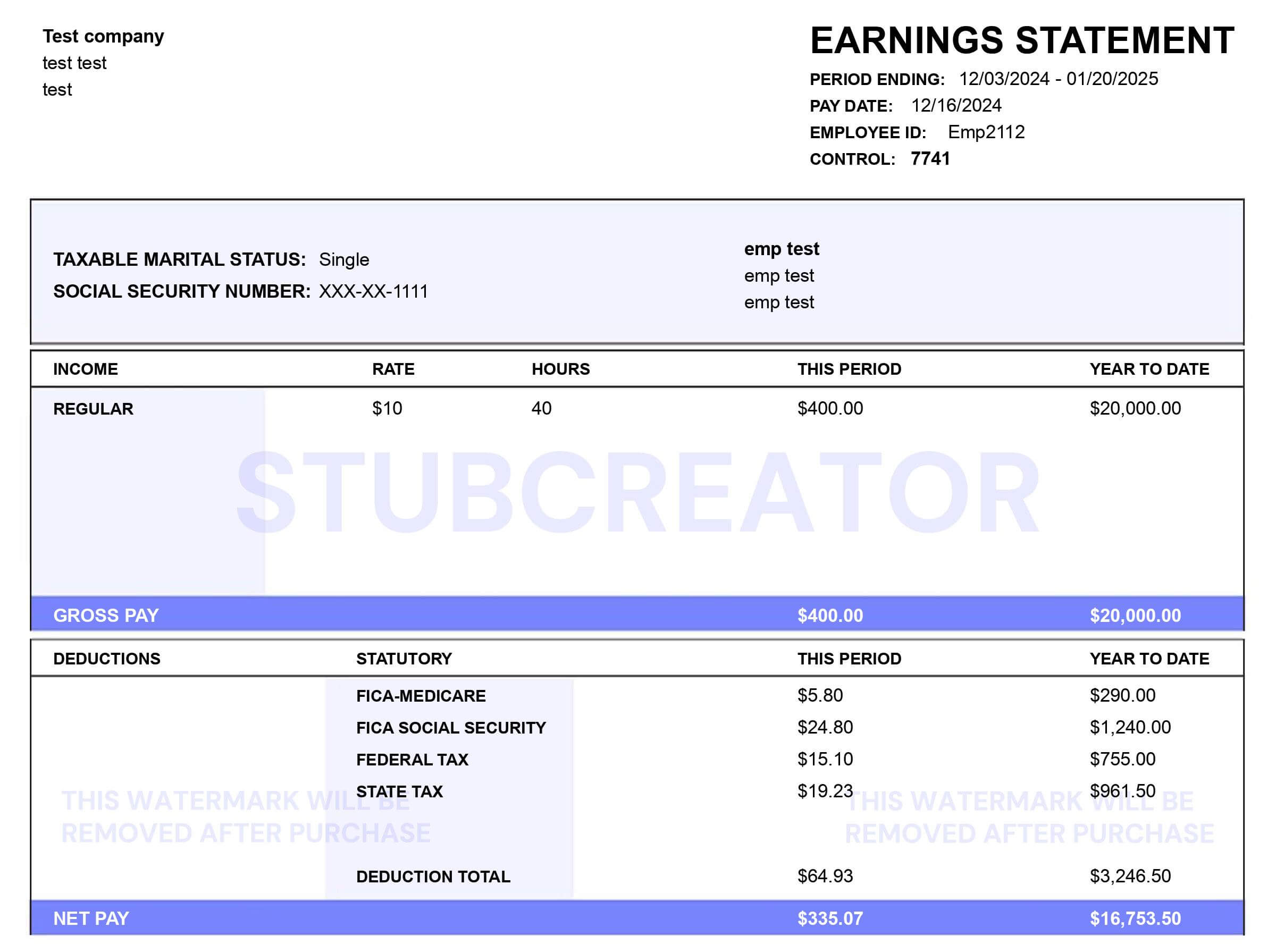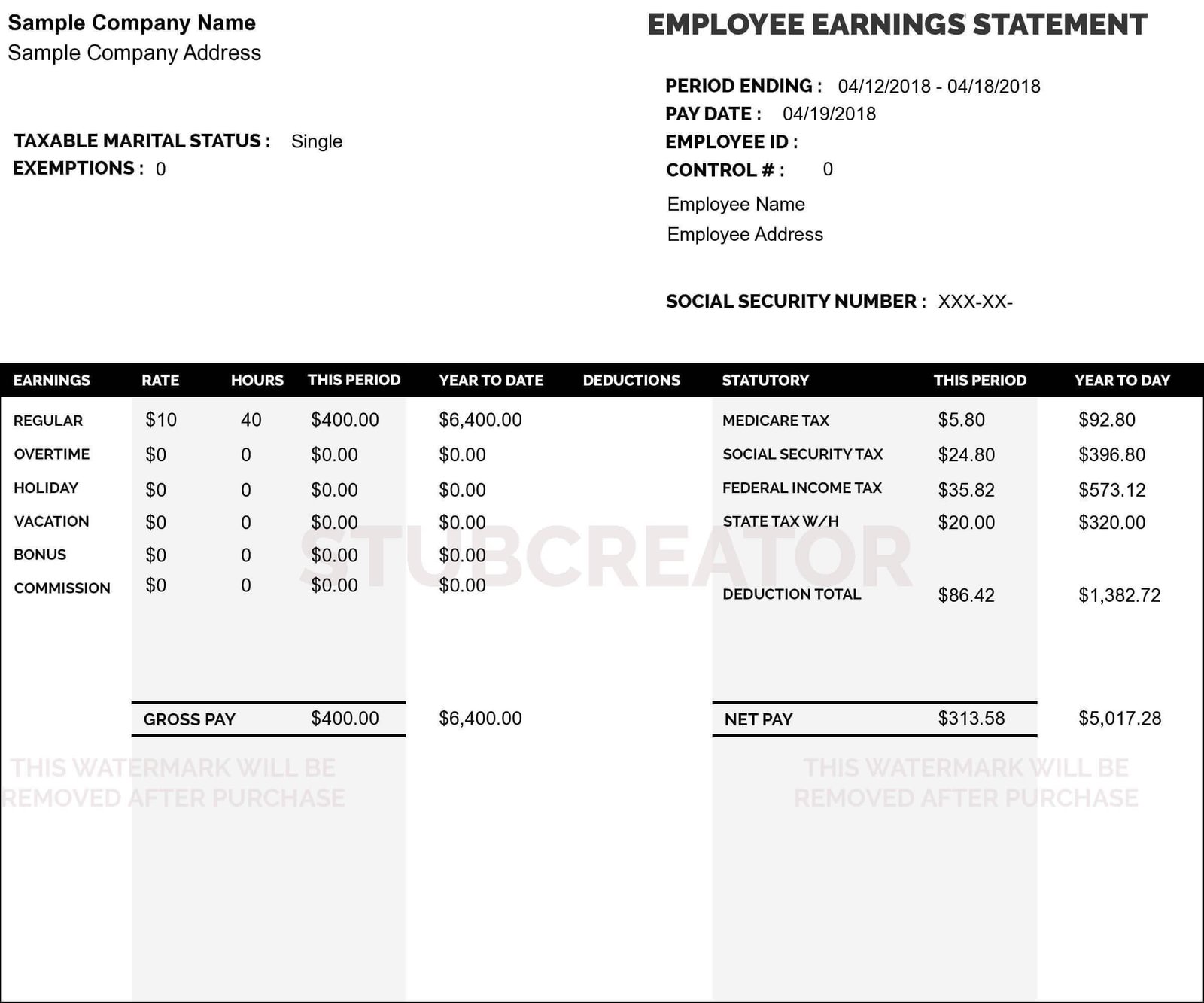Cash jobs are becoming increasingly popular in today’s economy as the cash economy continues to grow. It can benefit cash job seekers if they understand the pros and cons of cash jobs.
A good understanding can help determine whether job seekers are willing to give up benefits like retirement contributions. If you want to generate pay stubs you can use eFormscreator.
This blog will discuss the pros and cons of cash jobs in the U.S.
What are Cash Jobs?
A Cash job is a type of employment where payment is made in cash instead of traditional methods like direct deposit. Employers are not required to report cash payments to the government. This makes cash jobs attractive for those who want to avoid paying taxes on their income.
Cash jobs can be found online via an employer that hires cash-paying employees. Not all companies offer cash-paying positions, but if they do, it is usually at a lower salary than traditional jobs.
When Should Workers Be Paid In Cash?
When you first begin, cash may be your most excellent option for controlling expenditures. It is also an intelligent idea for organizations to hire contractors rather than full-time employees to avoid paying Social Security and Medicare taxes, which might be quickly top-up.
Imagine you choose to pay an employee in cash without withholding any federal taxes. In that scenario, as a business owner, you must submit the IRS form W-11 with your accountant so that the cash payments to the IRS might be recorded.
Related Article: How to Get Pay Stubs from DoorDash
Advantages of Cash Jobs
Job paid in cash can benefit the applicant in various ways. Let us take a look at the advantages of this.
- Cash Employees Receive Larger Paychecks: Cash jobs can benefit you because they are not taxed. There are no payroll taxes that need to be paid for employers. This means that more money is in your pocket at the end of each pay period.
- More Flexible Schedule and Provides More Freedom: The job paid in cash is not bound to any specific schedule. This means you can work whenever it is convenient and take time off whenever necessary.
- Less Formal Process: Cash job applicants are not required to complete formal applications and provide references. This makes cash jobs an excellent option for those who need more time to conduct typical applications and are wary of providing personal information.
- Get Paid Instantly: Job pay in cash is an individual’s dream come true. Some employers pay employees as soon as they finish their cash job duties. This makes their job more accessible for the employees to access their earnings and use them however they choose.
Disadvantages of Cash Jobs
Though cash jobs have their cup of advantages, they also come with a set of disadvantages.
- No Benefits: Though the government does not report cash jobs, these employees do not qualify for employer-provided health insurance plans. This information can be found on the employee’s paystub. This means that the workers will need to pay out of their pockets if they want health care and save it on their own to retire on any given day.
- Less Accountability: Cash-working employees are not required to perform a particular number of hours per week. This means they can apply only full-time or part-time depending on their cash job schedule and availability.
- No Training Opportunities: Cash employees do not receive formal training from their employer and cannot access resources that can help them develop their skills. Employees who do not participate in training opportunities might need help finding employment elsewhere if they choose to leave their current position.
- Unable To Save Money With Cash Jobs: Though cash-working employees still need to receive benefits like medical plans, they must pay for these expenses independently. Employees cannot save money for emergencies because their paycheck is used to pay bills and meet other financial opportunities.
Consequences of Cash Jobs
Having cash in your hand after a day’s labor might seem comfortable, but it frequently shows that the firms defrauded both the employee and government.
- Income Tax Issues: Employees must disclose all their money and pay the proper tax, regardless of how they earn it.
- Social Security Payments: The employees might not realize it now, but working under the table puts their Social Security retirement benefits in danger. Because the employer does not contribute to the employee’s Social Security or deduct money from their earnings, they do not receive credit for working.
Who Benefits More From Cash Payments? Employee or Employer?
Based upon the discussion above, a firm benefits more from paying employees in cash. Many view their professions as a method of making money and sustaining themselves, obtaining a salary- whatever shape.
As mentioned previously, labor rights are one of the most numbing problem. Because they are on the books at the workplace, they might receive different considerations of labor rights while on cash jobs.
Read more: Understanding DG Paystubs
Conclusion
If you are looking for cash jobs, it is vital to aware of the benefits and drawbacks of this type of employment. If you are looking for paystubs generator then you should see eFormscreator which is a free to use tool.










